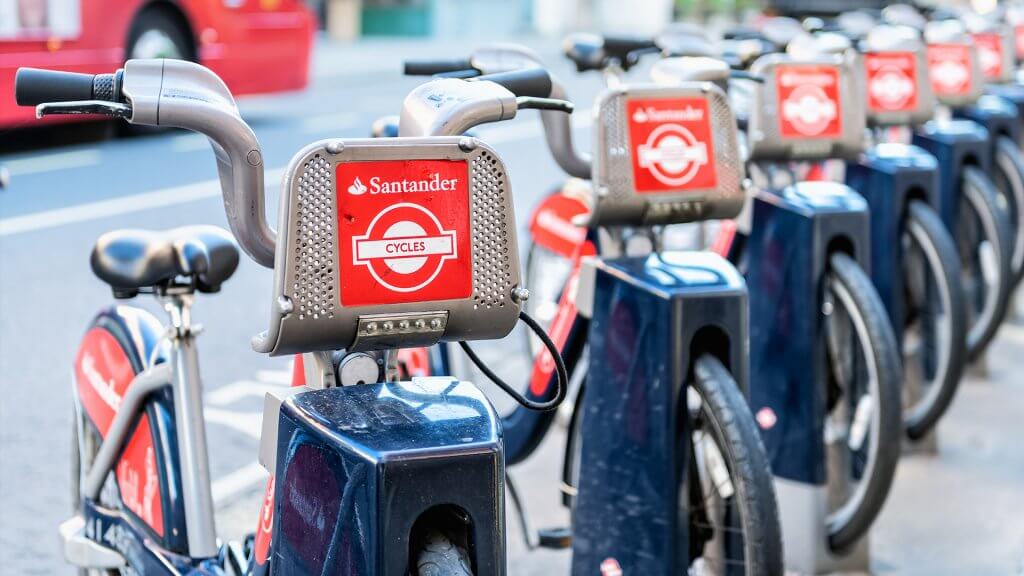
In light of the Olympic flame being lit on the 16th April, it’s no surprise that the sports world is buzzing as the countdown begins for this year’s highly-anticipated Summer Games in Paris. And, in July, athletes from around the globe will gear up to showcase their talents, and spectators are eagerly awaiting the spectacle that will unfold.
However, one thing fans might not realise is the impact such a large event has on the host country’s infrastructure, daily life and businesses.
To accommodate the millions of spectators and thousands of athletes and their teams, many changes are underway to Paris’s infrastructure and roadways in the way of new facilities, detours, routes and more. So, while the Games bring a wide variety of benefits, there are both positive and negative implications for the transportation industry. Serge Marques, Business Development Manager at Trimble explores how the event will impact transportation and logistics within the UK and France, along with how companies will adapt.
The Ripple Effect on Transportation
As France prepares for the Games, logistics firms are adapting to move both people and goods throughout the country for several months before and after the Games. Further, no schedule has been established for when temporary construction and diverted traffic will be removed, and the assembly process for local infrastructure is still ongoing.
With that in mind, it’s no secret that three of the most important elements of any successful logistics operation are planning, communication and flexibility.
And yet, one of the foremost challenges that many may not consider is the increased strain on transportation networks as a result of increased population and construction across 35 venues and around 185 km of Paris’s roads will be exclusively for athletes, officials, and journalists. As a result of the Games, navigating the city’s large and crowded streets will pose a challenge to traffic and route planning. Since more pedestrians are crowding streets and roads, local transportation systems are expected to be overwhelmed, causing additional congestion and delays for commuters, tourists, athletes and staff.
Combatting Carrier Conundrum
The Games are expected to generate a total economic impact of over $946 million, according to Data Appeal’s Olympic Projection Report. This means that Paris is expecting to draw in millions of attendees, putting immense pressure on their transportation systems and as a result, numerous roads will be closed or restricted, further magnifying traffic concerns.
There are several different types of zones that will heavily restrict traffic at and around various sports complexes for several hours every day. In many cases, commercial vehicles will not even be allowed to enter or travel near certain zones throughout the period of the games depending on the sizes and weights of their vehicles.
All of these challenges, delays and diversions will compound across the weeks of games and cost transport and logistics companies a tremendous amount of time and revenue. This logistical puzzle presents a unique challenge for businesses that rely on efficient transportation and delivery operations in order to maintain success.
The Value of Mapping and Routing technology
There’s a perception that the Games will only impact movement in and around Paris during the weeks the games are taking place, but, the games will be held in 58% existing venues and 38% temporary venues. Perimeters specific to the setup and dismantling periods of those temporary venues will make it necessary to regulate access. This means many months of delays and diversions both before and after.
To overcome these challenges, shippers and carriers should look to navigate the disruptions brought on not just by the Games, but in general. Technology that guides and manoeuvres drivers through complex routes while also accounting for changing road conditions is vital.
However, if transport and logistics companies invest in innovative commercial mapping and routing solutions which supply the most up-to-date and precise mapping information at their disposal, businesses can overcome these challenges with confidence and efficiency, ensuring smooth operations and timely deliveries. Advanced routing technology and real-time traffic data can provide drivers with optimised routes, avoiding road closures and traffic hotspots based on their vehicle type. Additionally, a user-friendly interface and precise turn-by-turn directions make it a necessary and extremely helpful tool for logistics companies operating in Paris during the Games.
With that in mind, it’s important that transportation recognise the importance of smart mapping technology, to ensure seamless operation, mitigate delays and minimise stress on drivers alike, something that would accelerate their journey to go for gold!





























